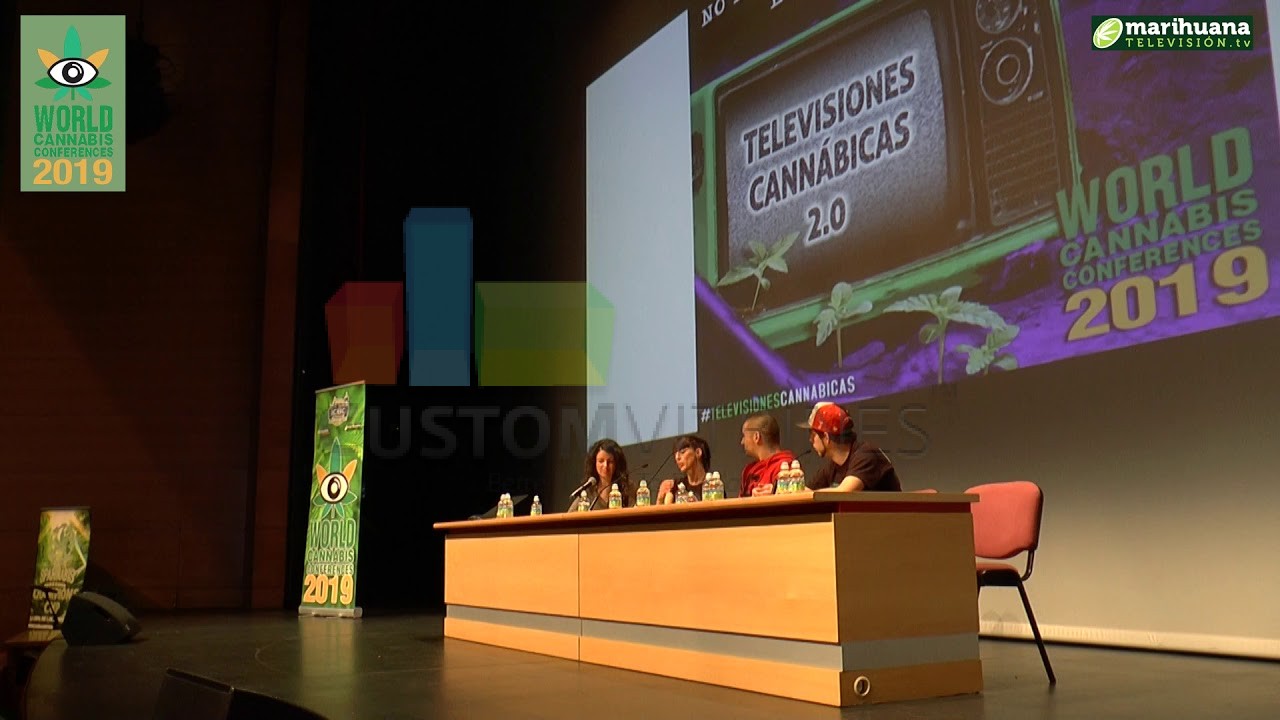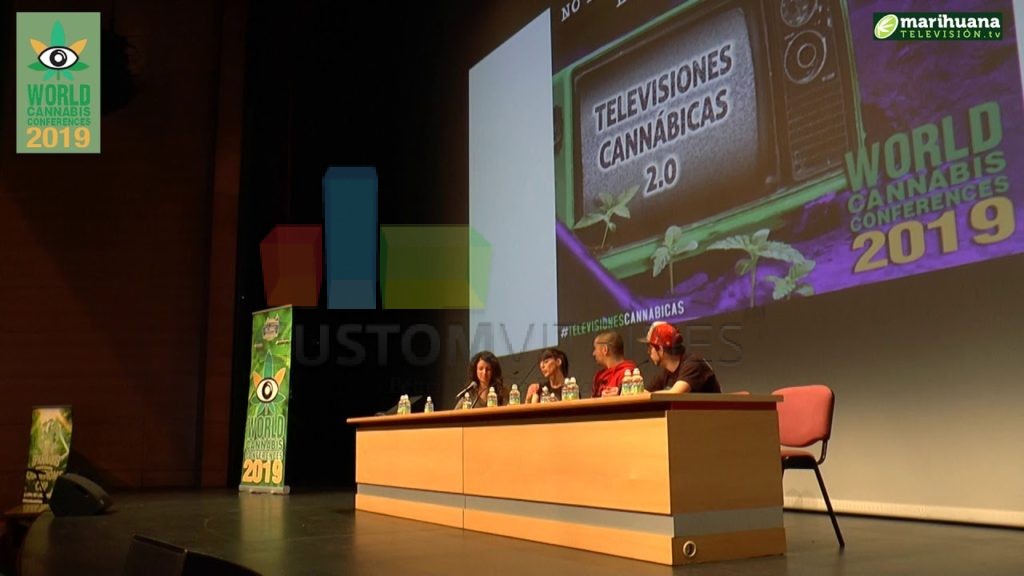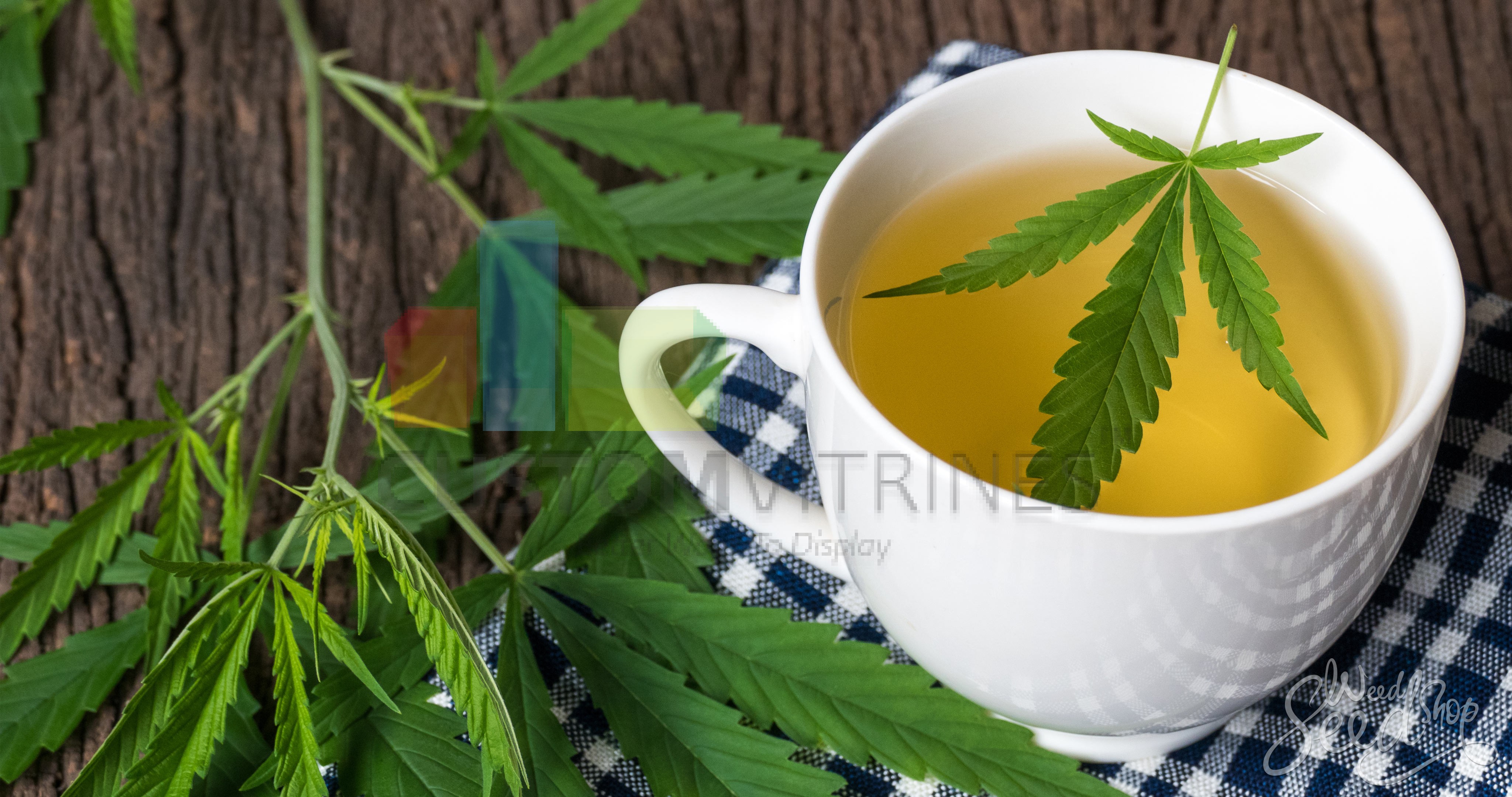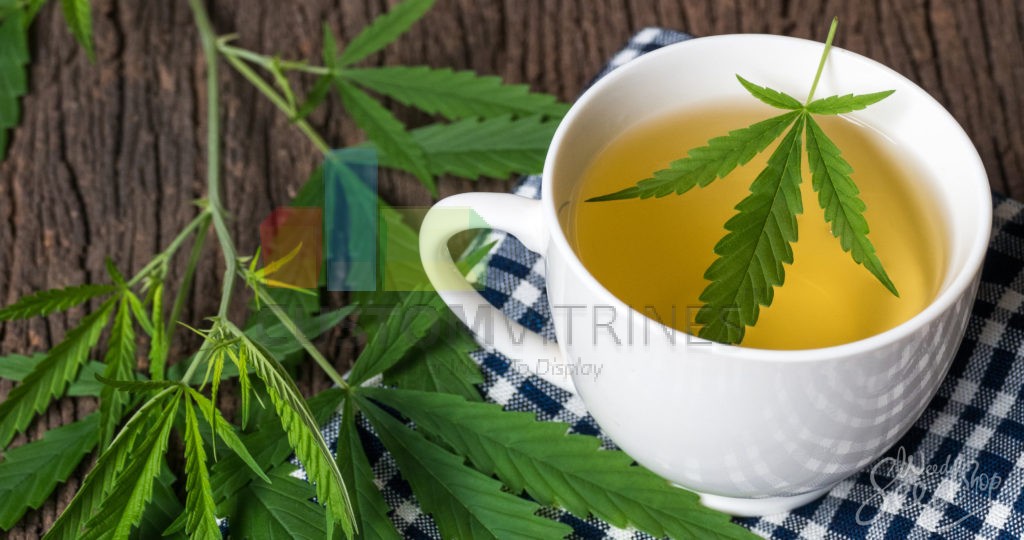Category Archives: Marijuana Display Cases
Have You Booked a Cannabis Trade Show Yet?

https://www.proexhibits.com/blog/cannabis-trade-shows/

Marijuana is currently legal for adults over 21 in 11 U.S. states, plus D.C., and the use of cannabis for medicinal purposes is legal in 33 states. As a result, the cannabis industry has expanded rapidly. Along with this has come the introduction of cannabis trade shows and other events dedicated to the production, extraction, and use of marijuana and its derivatives. If you’re operating a business in this industry, it pays to attend these events. You only get one chance to make your name in a new industry. As it grows—and the major players are identified—it only becomes harder to compete. Now’s the time to make your mark! Attending industry events is a great way to get noticed and perhaps even attract investors.
- CannaCon®
CannaCon is one of the country’s leading B2B cannabis trade shows, held in multiple locations every year. Collectively, this marijuana trade show has more than 25,000 attendees and 800-plus exhibitors. The schedule for 2020 includes:
- Tacoma, WA – January 10-11, 2020 at the Greater Tacoma Convention Center
- Detroit, MI – April 2-3, 2020 at The COBO Center
- Rosemont, IL – July 17-18, 2020 at the Donald E. Stephens Convention Center
- Boston, MA – August 29-30, 2020, at the Hymes Convention Center
Each event hosts vendors from a wide range of industry sectors, including:
- Farmers and cultivators
- Growing and processing equipment specialists
- Soil and nutrient experts
- Extraction specialists
- Investors
- And more
In every location, CannaCon is a chance for businesses of all sizes to network, learn, and grow. Many of these locations represent emerging cannabis markets. These shows are opportunities to get in on the ground floor.
- INDO EXPO
This marijuana trade show travels, typically showing up in two locations throughout the year. In 2020, stops include The Denver Mart in Denver, Colorado over January 25 and 26 and The Donald E. Stephens Convention Center in Chicago, Illinois over September 26 and 27. And there are plans in the works to add more locations in the future!
The INDO EXPO show focuses on the B2B side of the marijuana industry. It boasted around 16,000 attendees and 400-plus exhibitors in 2019. Exhibitors and attendees come from a wide range of industry sectors, including small businesses, R&D, and larger companies.
- The Emerald Cup
Held every year in December, the Emerald Cup is all about cannabis culture and always draws a big local crowd of enthusiasts. The show is located in northern California, in a part of the state known as the Emerald Triangle for its strong connection to cannabis farming and culture. It’s typically held over a single weekend in December. In 2019 this was the weekend of December 14 and 15 at the Sonoma County Event Center at the Fairgrounds. Attendance has skyrocketed in recent years due to changes in California’s cannabis laws, with about 28,000 attendees in 2018.
This is more of a B2C event, so it’s a great option for growers and retailers in the industry. There’s also room for B2B exhibitors and retailers, as the attendee line-up does include people in the industry, like farmers, retailers, and others. There are also competitions and awards given for cannabis products in various categories, and due to the festival’s strong connection with cannabis culture, these awards are considered prestigious within the industry.
- International Cannabis Business Conference (ICBC)
The International Cannabis Business Conference is a worldwide event, held in several locations each year, including the U.S. In 2020 this marijuana trade show runs from February 6 to 7 at the Hilton® San Francisco Union Square. The event includes a conference and exhibition, giving attendees the chance to both learn and network.
For exhibitors, it’s all about exposure, with the focus mainly on the B2B side of the cannabis industry. In previous years, cannabis conference topics have included:
- Federal cannabis law reform
- Investment and capital markets
- International investing
- CBD mainstreaming
- Distribution
- Tech
Several thousand attendees are expected from a range of industry sectors, including cultivating and farming, tech and R&D, sales, and executive and management representatives from larger businesses.
Top 10 Cannabis Infused Drinks You Must Try in 2019


Consumers are tilting their focus from cannabis edibles to drinks, making it a 600+ million-dollar market.
A cannabis-infused drink is a drink that has been infused with cannabinoids. Business Insider predicted the global cannabis drink market to be worth more than 600 million dollars in the next three years. Cannabis infused drinks have largely impacted the beverage industry. From small industries to big corporate houses, everyone is jumping on board to capitalize on the global cannabis drinks market. Chefs and scientists are coming up with new and unique ways to infuse cannabis into various beverages. Today we have cannabis-infused water, soda, coffee, tea, milk, wine, etc. selling across dispensaries on a large scale. Cannabis Drinks Expo team has hence curated a list of top cannabis-infused drink which you must try.
Cannabis-Infused Sauvignon Blanc
Rebel Coast Winery produces alcohol-free cannabis-infused Sauvignon Blanc. Rebel Coast Winery`s Cannabis Infused Sauvignon Blanc is a crisp, clean California Sauvignon Blanc without the taste or smell of cannabis. It contains high acid, with bright citrus, and a crisp clean finish.
Non-Alcoholic Cannabis Infused Wines
Hill Street Beverage Company is a Producer of Non-Alcoholic Beers and Wine alongside Non-Alcoholic Cannabis Infused Drinks. Hill Street is based out of Toronto, Ontario Canada. They produce Alcohol-free Wine and Beers. They are also entering Cannabis Infused Drinks Matter Soon.
Cannabis Infused Cocktails
The Tinley Beverage Company believes in a new, healthy and delicious way to enjoy the benefits of smoke-free cannabis. Their Tinley™ Cocktails and Tinley™ ’27 products have reduced the amount of sugar and calories than their beverage alcohol counterparts. Tinley drinks are created with cannabis strain varieties that are asked for by consumers, in harmony with their range of contemporary lifestyles and tastes.
Cannabis Infused Beverages
Keef Brands produces, and distributes multiple cannabis-infused product lines through various brands like the Keef, OilStix, and VitaCanna brands. These brand`s products include beverages, edibles, and CO2-extracted oil for vape cartridges. Other edibles that can take up to two hours to take full effect but Keef’s cannabis-infused beverages offer full effects in as little as 15 minutes of consumption, leading to a more real-time and responsible consumption experience.
Cannabis Infused Coffee and Tea
Cannabiniers is a foodservice, technology & brand management company that is revolutionizing the cannabis industry with patented, safe and natural flower-based extraction technology and products.
Cannabiniers brands include:
- Two Roots Brewing Co.
- Just Society Coffee & Tea Co.
- Bask
Cannabis Infused Energy Drink
Cannabis Energy Drink combines high-quality energy drink ingredients with a unique sweet flavor which is complemented with hemp seed extract. It contains caffeine, taurine and a bunch of vitamins, the cannabis energy drink does what it does well, and tastes good while doing it. Cannabis energy drink contains no THC and causes no narcotics effect.
Cannabis Infused Herbal Drinks
Mood33 is inspired by ancient herbal remedy, Ayurveda principles, and traditional Chinese herbal medicine. Mood33 infusions were created for mood-based benefits. Mood33 creates cannabis-infused sparkling tonics to suit any mood – choose calm, passion, or joy. Plant-based sweeteners which are used in Mood33 keep the calorie levels low while maintaining fresh, bright, clean flavors–all with a sparkling touch.
Cannabis Infused Soda
California Dreamin is a food and beverage startup that manufactures all-natural cannabis-infused sodas for a light social high. It is made of a combination of fruit juice, cannabis, and carbonation.
Cannabis Infused Sparkling Water
Utopia produces sparkling water with zero calories and zero sugar. The patent-pending technology that produces Utopia Sparkling Water makes sure of a taste and odour-free cannabis emulsion.
Hemp Based Beverage
Joybird Hemp Beverage harnesses the power of Hemp Extract to help consumers Recover, Focus, and Chill. Joybird’s Hemp Extract is sourced from organic hemp and synthesized into Nanoparticles, to enhance absorption. With Joybird, your body absorbs nearly 100% of the Hemp Extract. Drink one before you start your day to focus, after a hard workout to recover, and at the end of a long day to chill out!
VYBES is an organic beverage made with Hemp CBD (Cannabidiol) with15Mg CBD. Hemp-derived CBD helps our body naturally achieve homeostasis by regulating our anxiety, stress, mood, sleep, memory, and other key functions. CBD is a non-psychoactive gift from mother nature. Drinking VYBES has the power to improve your emotional well-being and achieve homeostasis.
Recess is infused with hemp extract and adaptogens, which is powerful and contains natural ingredients that help us adapt to stress and replenish our bodies’ endocannabinoid system which regulates our mood to help us achieve a balanced state of mind.
CANNABIS RETAIL DISPLAY CASE BUSINESS in ILLINOIS
Illinois Cannabis Processors Poised for Solventless Extraction & Rosin
https://gopurepressure.com/blogs/cannabis-news/the-illinois-cannabis-market-rosin
Adult use cannabis laws took effect in Illinois on January 1, 2020. In the first few weeks of sales, the state has seen a rush of customers, leading to a surge in medical cannabis applications amid fears of shortages and a desire for lower sales taxes. While that may seem like a downer note, a shortage is common early on and often serves as a point in the state’s early market developments. Usually, states rebound and recover on their way to establishing a thriving market.
Many expect this to be the case in Illinois, where many predict that the state will couple with Michigan to help establish the Midwest as sales leaders in the American cannabis market. Applications for specific licenses have been well underway. And it is expected that extraction and processing licenses could be handed out in July of this year.
Whether entering into the extraction space or elsewhere, entrepreneurs need to take warning of the fierce competition expected. With a likely booming market on the horizon, several experts forecast “stiff competition.” Chicago and its surrounding area, as expected, will be site to much of the competition, with 63% of retail cannabis licenses going to the region in 2020. Dispensaries across the state will have to fight for customers, with the state averaging 1.5 licensed sales locations for every 100,000 citizens.
Despite the rather slim ratio, demand should eventually satisfy much of the market. Consulting firm Freedman and Koski estimate yearly demand to reach 350,000 to 550,000 pounds of dried cannabis. That said, the firm warns that the market could be slow to grow at first, noting trends that other states followed. These trends include the illicit market continuing to thrive for some time until legal market prices decline to competitive levels.
Those that can weather the rounds of storms and position themselves correctly could find their venture with a significant market share of the estimated $2.5 billion dollar a year market awaiting Illinois.
Illinois appears poised to be a destination for competition and success for those that come out on top. We believe that rosin and other solventless products will be vital in offering businesses a superior ROI at a fraction of the startup costs compared to a solvent-based venture.
In this article, we’ll delve into how Illinois got here, possible setbacks to expect and just why your business should include solventless cannabis products in its portfolio of products.
The Development of Illinois’s Cannabis Market
Illinois, technically, was one of the earliest adopters of cannabis legalization after the drug prohibition took effect in the 1930s. In 1978, the state passed the Cannabis Control Act, which allowed medical cannabis use. Keep in mind the word “technically.” In reality, two key hurdles made it so the state Department of Human Services did not have to require doctors to give medical cannabis recommendations. Nor did is allow the program to act outside of the state police’s written laws. Meaning, the law was mainly passed in spirit.
While the CCA of 1978 laid dormant all these years, Illinois did join the more recent medical marijuana wave, enacting legislation in 2013. The state followed up by passing decriminalization laws two years later in 2016.
On May 31, 2019, the state took its next step forward when the General Assembly legalized adult use laws with the passage of the Cannabis Regulation and Tax Act. The bill would become law in August when Governor J.B. Pritzker signed off on the expansion. Now in its infancy, the Illinois cannabis market appears to be falling in line with the path of its predecessors. If it continues to follow such a way, the demand for rosin and other solventless concentrates in Illinois should represent the likely lucrative opportunities for ventures ready to stake their claim.
Opportunities Expected in the Illinois Cannabis Market
While the headline is accurate, the opportunities in Illinois could be limited to a choice few. In addition to limited availability, the state appeared to show no interest in making the application process easy on prospective owners.
Some state policy experts on the matter described the application process as a rather trying process. Applicants should expect to be asked for a variety of documents when submitting for a license. Such materials include business plans and a list of owners and operators as well as their expertise. Additional information pertaining to record-keeping and employee training is also expected to be submitted with an application.
When submitting, businesses can apply for one of four types of cannabis operations:
- Dispensary
- Cultivator (Craft and Grow Ops)
- Processor
- Transporter
The state opened its application window for processors, transporters and craft growing, which it will begin reviewing on February 14. Illinois plans to begin processing these licenses on March 15, 2020. It is expected that new dispensary licenses will go out first, starting in May, while craft grower, processor and transporter licenses will go out in July.
The rollout of the licenses may not be such a cause for celebration. Illinois opted to follow a path many states have and cap the number of licenses issued to the nascent market. In the dispensary space, 55 licenses have been issued by the state, with another 75 coming via the May issuing mentioned above. An additional 110 will go out on New Year’s Day 2021, totaling 300 dispensary licenses in the state. Another 200 could come by January 2022. Meanwhile, craft growers are expected to be issued 100 permits.
Other parameters the state enacted include social equity measures, which aim to address some of the adverse effects brought on by the drug war. It has been reported that the state Department of Commerce and Economic Opportunity intends to work with local banks to enact loan programs. These programs plan to provide business mentoring along with the capital to get started.
So, while opportunities may be slim, the competitive nature of the market indicates lucrative gains for those looking to stake their claim in the Illinois cannabis market. The state appears committed to providing access to those most affected while allowing all other applicants to be part of the four license types being offered in the coming months.
With supposed fair access, those that feel as if they qualify should either have their applications in already or get started on it fast. The time invested could prove to produce earned results well beyond your sweat equity.
Analyzing the Market to Date
Heading into the legalization of adult use, Freedman and Koski’s report stated that understanding the prospective market would be challenging, despite many forecasting substantial gains for the state. The report stated:
“Changes in markets (prices, supply, quality, accessibility, etc.) can have dramatic effects on consumer behavior. Under the current proposal in Illinois, not only would consumers have the choice between using or not using cannabis, but cannabis users have alternatives: purchasing from a legal, commercial market; home growing cannabis; or continuing to buy from the criminal market. Those choices are influenced by consumer preference ex ante as well as the dynamics of the market as it matures.”
In addition to the uncertainty of the market, staggering tax rates were quickly pinpointed as significant pain points for businesses and consumers. In some cases, buyers were paying up to an additional 40% on products thanks to the state’s second-highest cannabis tax burden in the legal U.S. market.
Yet, despite the sticker shock turning many to the illicit market, the state proved to rollout a relatively successful debut for the adult use marketplace. Long waits on opening day resulted in exceptional Day One sales, nearly totaling $3.2 million.
The demand became so high that several stores across the state reported running out of product in the first few days of opening their doors. “We knew we were going to run out. It was a matter of when, not if,” said Neal McQueeney, principal officer of Midway Dispensary, to Marijuana Business Daily in the early days of the market’s opening.
By the end of the first week, Illinois saw $11 million in legal cannabis product sales generated. With such opportunity afoot, those fortunate enough to get licenses could likely end up on the receiving end of a windfall gain.
High Time to Consider Entering the Illinois Solventless Market
With processing licenses underway, hopeful applicants need to get their paperwork in line and submitted as soon as they can. Those granted a permit are recommended to explore the possibility of offering rosins and other solventless-derived products in Illinois.
Consider us a bit biased, but solventless is the best concentrated product in today’s market, and now one of its top sellers, too. With a slew of brands and producers looking to stand out, the versatility of a truly chemically-free produced source material is sure to kickstart creative ideation in your team.
Being 100% solvent-free and versatile is all well and good. Still, it’s not a sustainable investment unless the numbers back it up. Fortunately for your business and rosin, there is back up.
According to a 2019 top trends in cannabis report from Arcview Market Research and BDS Analytics, concentrates and edibles continue to see their shares in the market grow with each passing year. In 2017, the two verticals combined to account for $1 billion of the market. In 2019, they reached $2.2 billion. By 2022, the report expects that number to nearly double again, reaching $4.1 billion.
The report went on to show that sales appear prosperous in both the medical and recreational sides of the market. Adult use should drive U.S. and Canadian growth, according to the report”s conservative model projections. Processors would be wise not to overlook the booming CBD market either. As of 2018, concentrates held the second largest market share, only behind ingestibles, with 28% of the market.
That said, those that do receive processor licenses in Illinois should keep an eye out of developing trends in more mature markets. This includes Colorado, where concentrate prices declined 2% over the past three years.
Continued growth over the next 10 years is expected at 6% percent per year and it might go even higher depending on the new licenses for more Cannabis store locations that will be outfitted with custom display cabinet designed to display these new hemp product lines.
www.MarijuanaDisplayCabinets.com
www.CustomVitrines.com

